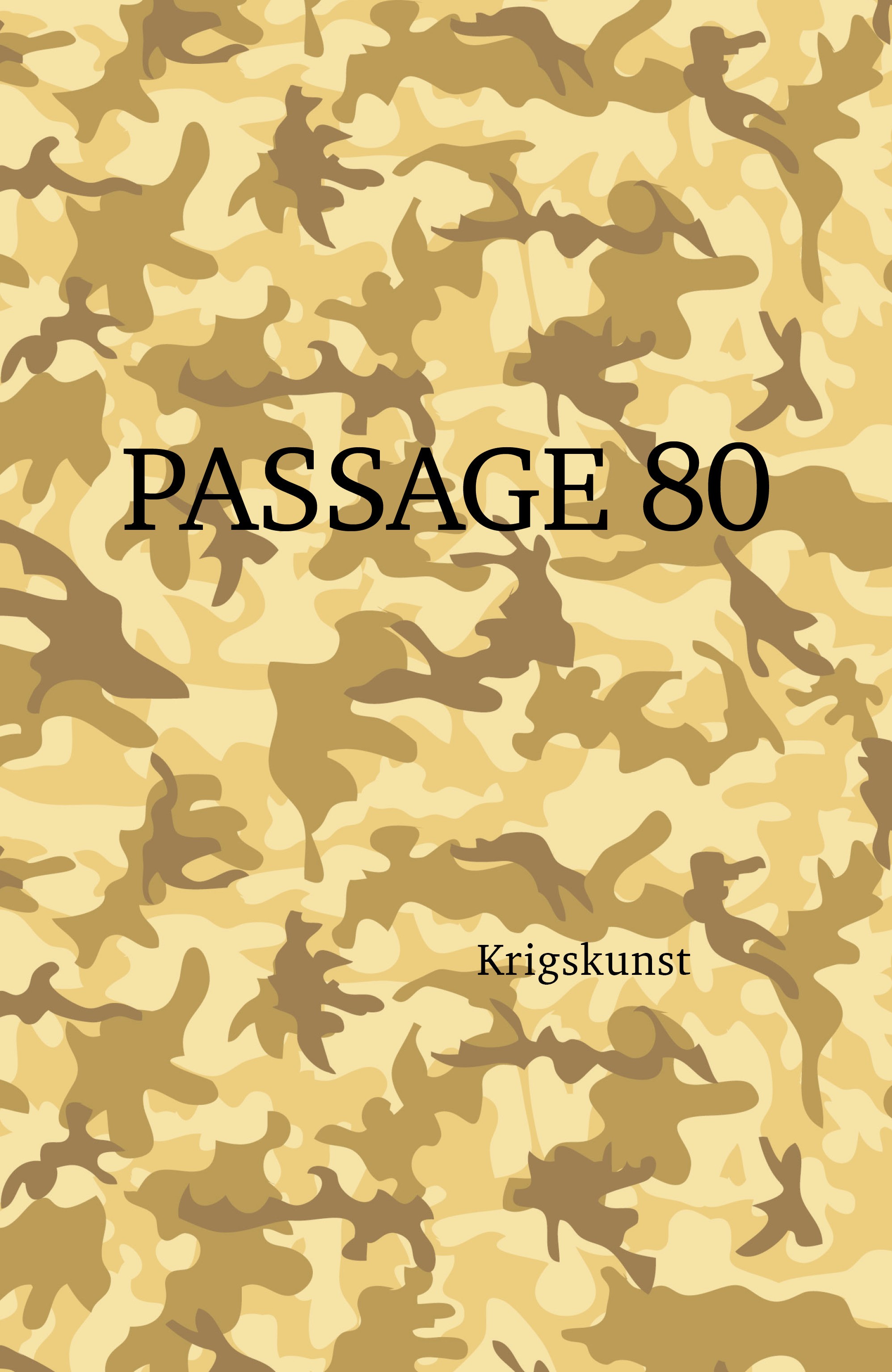Serious games
Harun Farocki og den militære æstetik
DOI:
https://doi.org/10.7146/pas.v33i80.111719Nøgleord:
Harun Farocki, krig, æstetik, simulationer, militariseringResumé
Anders Engberg-Pedersen: “Serious games. Harun Farocki and Military
Aesthetics”
This article charts the emergence of a military-aesthetic regime in the twenty-first century. It shows how the US military has co-opted and militarized the field of aesthetics through the development of virtual worlds that train, prepare, and process military engagements. Using the German artist Harun Farocki’s installation Serious Games as a prism for this development, the essay charts the collaborations between military institutions, academics, and the creative industries. The key question is: what happens to the notion of “war experience” in the age of immersive virtual reality technologies? To find plausible answers, the article situates military aesthetics along a historical axis with the emergence of the modern wargame around 1800, and along a theoretical axis by drawing on key thinkers in philosophical aesthetics (Baumgarten, Dewey, Rancière).
Downloads
Publiceret
Citation/Eksport
Nummer
Sektion
Licens
Forfattere, der publicerer deres værker via dette tidsskrift, accepterer følgende vilkår:
- Forfattere bevarer deres ophavsret og giver tidsskriftet ret til første publicering, samtidigt med at værket efter publiceringen er omfattet af en Creative Commons Attribution-licens, der giver andre ret til at dele værket med en anerkendelse af værkets forfatter og første publicering i nærværende tidsskrift.
- Forfattere kan indgå flere separate kontraktlige aftaler om ikke-eksklusiv distribution af tidsskriftets publicerede version af værket (f.eks. sende det til et institutionslager eller udgive det i en bog), med en anerkendelse af værkets første publicering i nærværende tidsskrift.
- Forfattere har ret til og opfordres til at publicere deres værker online (f.eks. i institutionslagre eller på deres websted) forud for og under manuskriptprocessen, da dette kan føre til produktive udvekslinger, samt tidligere og større citater fra publicerede værker (se The Effect of Open Access).





